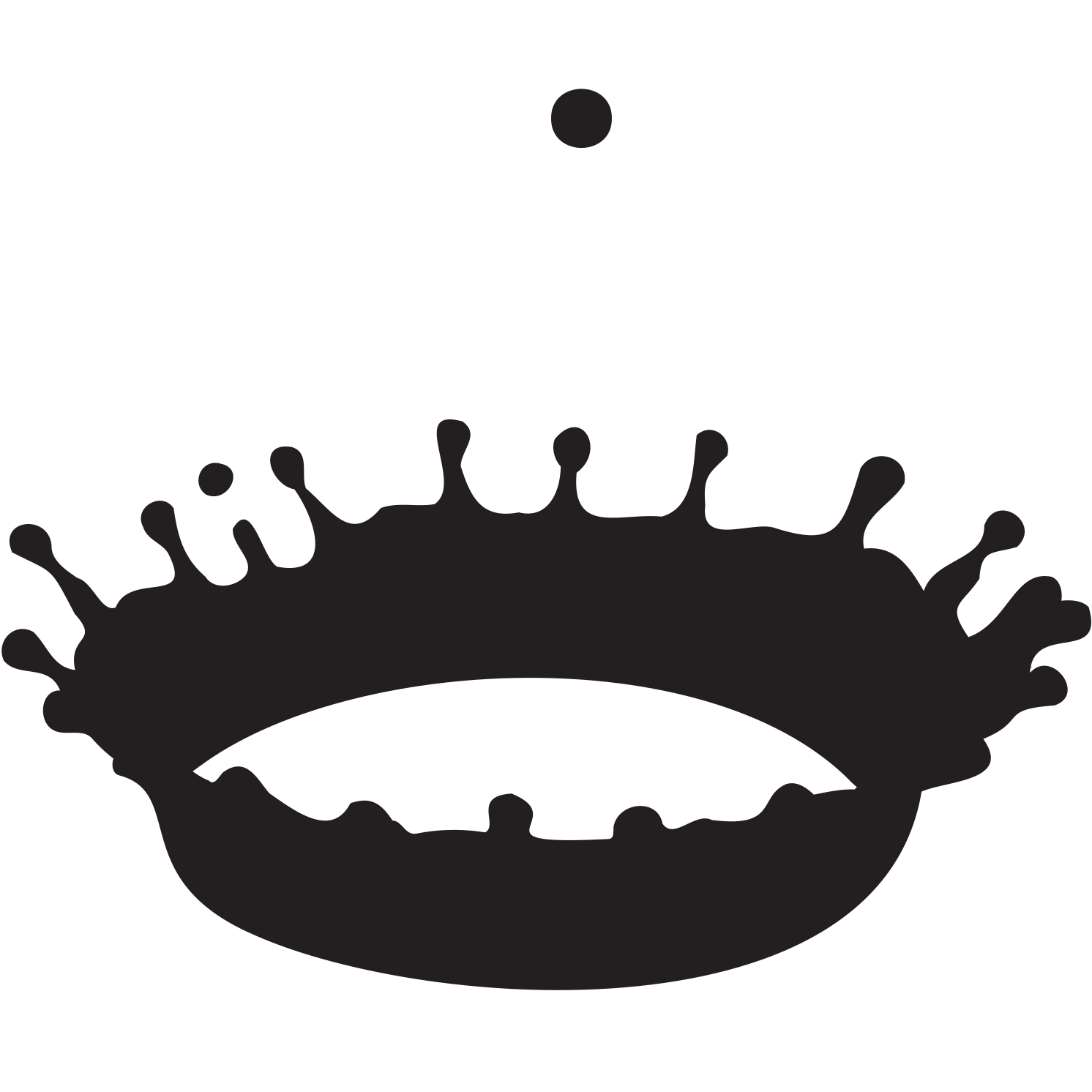This course explores Thermal Energy Networks (TEN) drawing inspiration from local and North American exper
This course explores Thermal Energy Networks (TEN) drawing inspiration from local and North American exper
Places special focus on team capacity building and the communication skills critical to design leadership. Multidisciplinary teams work on semester-long projects in collaboration with international organizations, field practitioners, and experts, building team and leadership skills used to address problems faced by underserved communities while implementing design, experimentation, and hands-on prototyping processes.
Opportunity for independent study under regular supervision by a staff member. Projects require prior approval, as well as a written proposal and final report.
Explores the role innovation can and does play in how humanitarian aid is provided, and how it can impact people, products, and processes. Provides a fundamental background in the history and practice of humanitarian aid. Considers the various ways that design can be used to enhance aid, such as product and system design for affected populations, co-creation with affected populations, and capacity building to promote design by refugees and the displaced.
Explores the role innovation can and does play in how humanitarian aid is provided, and how it can impact people, products, and processes. Provides a fundamental background in the history and practice of humanitarian aid. Considers the various ways that design can be used to enhance aid, such as product and system design for affected populations, co-creation with affected populations, and capacity building to promote design by refugees and the displaced.
Students work in small groups, under the guidance of researchers from MIT, to pursue specific aspects of the year's Terrascope problem. Teams design and build prototypes, graphic displays and other tools to communicate their findings and display them in a Bazaar of Ideas open to the MIT community. Some teams develop particular solutions, others work to provide deeper understanding of the issues, and others focus on ways to communicate these ideas with the general public. Students' work is evaluated by independent experts.
Addresses problems faced by underserved communities with a focus on design, experimentation, and prototyping processes. Particular attention placed on constraints faced when designing for developing countries. Multidisciplinary teams work on long-term projects in collaboration with community partners, field practitioners, and experts in relevant fields. Topics covered include design for affordability, manufacture, sustainability, and strategies for working effectively with community partners and customers. Students may continue projects begun in EC.701.





